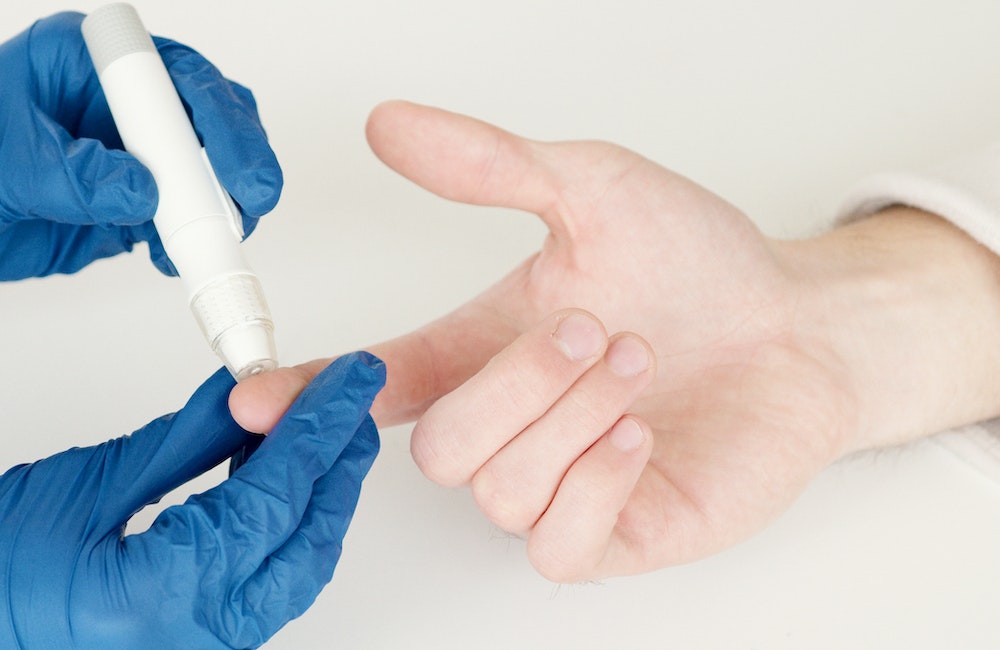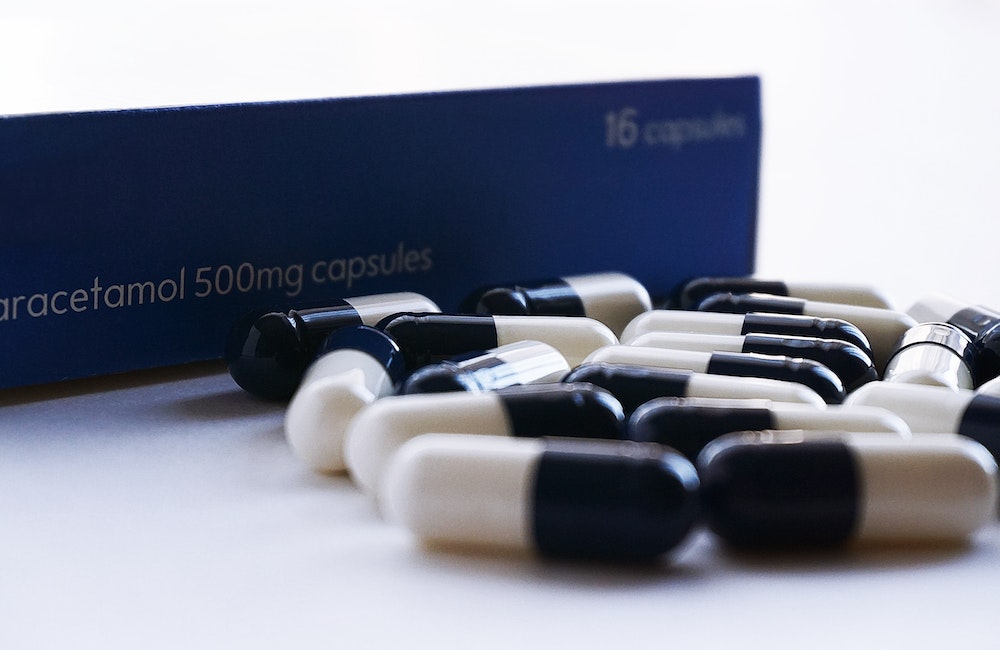Diabetes Tests: The 10 Vital Tests You Should Know About

Imagine your body as a well-oiled machine, with blood sugar acting as the fuel that keeps it running smoothly. Now, picture your body’s ability to manage this fuel as the steering wheel to your health journey. Diabetes, a chronic condition affecting millions, disrupts this delicate balance. But fret not; with the right knowledge and proactive steps, you can take the wheel of your health and navigate diabetes with confidence.
In this article, we’ll delve deep into the realm of diabetes testing, unveiling the 10 crucial tests that can provide insights into your condition. These tests, like navigational tools, will guide you through the winding roads of diabetes management, helping you make informed decisions about your health. So, fasten your seatbelt and join us on this informative journey!
Table of Contents
ToggleHemoglobin A1c Test
The Hemoglobin A1c test provides a long-term snapshot of your blood sugar control. It’s like a time-lapse camera capturing your glycemic journey over the past two to three months. This test is invaluable for tracking your diabetes management progress and making necessary adjustments to your treatment plan. Your healthcare provider will use the results to assess how well your blood sugar levels have been controlled and whether any modifications are needed. Regular A1c testing is a cornerstone of diabetes care, helping you steer clear of complications and enjoy a healthier life.
Fasting Plasma Glucose Test
When you opt for a Fasting Plasma Glucose test, it’s akin to peeking under the hood of your body’s engine. This test requires an overnight fast, making it an excellent method for assessing your baseline blood sugar levels. The results reveal whether your body is effectively managing glucose when at rest. It’s an essential test for identifying prediabetes or diabetes, enabling early intervention and the development of a tailored treatment plan.
Oral Glucose Tolerance Test
Think of the Oral Glucose Tolerance Test as a stress test for your metabolism. By consuming a sweet solution and tracking your blood sugar levels over several hours, it assesses how efficiently your body processes glucose. This test is invaluable for diagnosing prediabetes and diabetes, giving a clear understanding of how your body handles sugar over time. It’s like a stress test for your body’s metabolic engine, revealing areas that may require adjustment in your diabetes management plan.
Random Blood Sugar Test
Just like life throws us curveballs, your blood sugar can also have its ups and downs. The Random Blood Sugar test is your on-the-spot check. Unlike other tests that require fasting, this one can be taken at any time, providing a snapshot of your current blood sugar levels. It’s an excellent tool for assessing how your blood sugar behaves throughout the day and identifying potential fluctuations that might otherwise go unnoticed. Regular checks can help you stay in the driver’s seat when it comes to your diabetes management.
Postprandial Blood Sugar Test
The Postprandial Blood Sugar test is your after-meal evaluation. It assesses your blood sugar two hours after you’ve eaten, giving insights into how your body responds to food. This test is like a mechanic examining a car’s performance after a long drive. By observing how your blood sugar levels change post-meal, it helps fine-tune your dietary choices and medication timing, ensuring your diabetes management plan is on the right track.
Fructosamine Test
Often overshadowed, the Fructosamine test is a hidden gem in diabetes management. This test provides a more focused view, covering the past two to three weeks of your blood sugar levels. It’s ideal for monitoring shorter-term changes and assessing the impact of dietary and lifestyle adjustments. Like a minor character in a story, the Fructosamine test plays a vital role in the bigger narrative of your diabetes control.
C-Peptide Test
The C-Peptide test is your detective, seeking clues to understand your diabetes type better. It measures how much insulin your body is producing, helping differentiate between type 1 and type 2 diabetes. This information is critical for developing a precise treatment plan and ensuring that you receive the right interventions to manage your diabetes effectively.
Insulin Test
Your body’s key to unlocking the cells’ doors to glucose is insulin. The Insulin test directly measures your insulin levels, offering insight into how efficiently your body is using this crucial hormone. Whether you’re living with type 1 or type 2 diabetes, understanding your insulin levels is vital for optimizing your medication and dietary choices. This test is the compass guiding you toward more effective diabetes management.
Lipid Profile
Your body’s lipid profile is like a detailed painting of your heart’s health. It’s not just about glucose – it’s about the bigger picture. This test examines your cholesterol levels, including LDL (the “bad” cholesterol) and HDL (the “good” cholesterol). High LDL cholesterol is like a turbulent sea, increasing the risk of heart disease. Conversely, high HDL cholesterol acts as a protective shield for your heart. Understanding your lipid profile is essential in managing diabetes since heart disease often goes hand in hand with this condition.
Kidney Function Tests
Your kidneys play a vital role in your body’s filtration system. Kidney function tests, including serum creatinine and glomerular filtration rate (GFR), assess how effectively these organs are operating. For those with diabetes, kidney health is a top priority, as diabetes can have a significant impact on renal function. These tests are your “canary in the coal mine,” alerting you to potential issues and allowing for early intervention to protect your kidneys.
Urine Tests
Urine tests are like secret agents infiltrating your body’s intelligence network. They can detect the presence of proteins or ketones in your urine, providing crucial information about your diabetes management. Elevated protein levels may indicate kidney damage, while the presence of ketones suggests that your body is using fat for energy instead of glucose. Regular urine tests help you stay ahead of potential complications and fine-tune your diabetes management strategy.
Blood Pressure Monitoring
High blood pressure is a frequent companion to diabetes, making regular monitoring a must. Imagine it as keeping an eye on your car’s tire pressure to prevent a blowout. High blood pressure can strain your heart and blood vessels, increasing the risk of cardiovascular complications. By monitoring your blood pressure and making necessary adjustments to your lifestyle and medication, you can mitigate this risk and maintain better overall health.
Eye Examination
Your eyes are windows to your overall health, and diabetes can impact your vision. Regular eye examinations are crucial to detect and prevent diabetes-related eye conditions. Think of it as an annual checkup for your windows – ensuring they’re clean and clear. Conditions like diabetic retinopathy can be effectively managed when caught early, preserving your sight and quality of life.
Neuropathy Assessment
Diabetes can harm your nerves, leading to neuropathy, which can cause numbness, tingling, and pain. Like a conductor checking each instrument in an orchestra, a neuropathy assessment gauges the health of your nervous system. Early detection is key, as neuropathy can be managed more effectively when identified at an early stage.
Conclusion
In conclusion, these 10 important tests serve as your allies in the ongoing battle against diabetes. They provide the necessary information to tailor your treatment plan, prevent complications, and keep you on the path to better health. Remember, knowledge empowers you to take control of your health, ensuring that you can navigate the intricate landscape of diabetes with confidence.
FAQ’s
Regularity varies by test and your doctor’s recommendations, but generally, at least once a year is advisable.
Most of these tests involve a simple blood draw or urine sample, so any discomfort is minimal.
Skipping tests can lead to undetected complications, making them a crucial part of diabetes management.
Many of these tests are covered by insurance, but it’s essential to check with your provider for specific details.
While they can’t prevent diabetes, these tests are essential for early detection and effective management.
Book an Appointment
Recent Articles
-
 Zerodol-SP Tablet: Power of Pain Relief and Inflammation Control30 Jun 2023
Zerodol-SP Tablet: Power of Pain Relief and Inflammation Control30 Jun 2023 -
 Glycerin for Face: A Game-Changer in Skincare?01 Sep 2023
Glycerin for Face: A Game-Changer in Skincare?01 Sep 2023 -
 The Incredible Benefits of Eating Walnuts: Boosting Your Health One Nut at a Time29 Jun 2023
The Incredible Benefits of Eating Walnuts: Boosting Your Health One Nut at a Time29 Jun 2023 -
 The Marvel of First-Time Sex: Unveiling the Potential for Pregnancy05 Jul 2023
The Marvel of First-Time Sex: Unveiling the Potential for Pregnancy05 Jul 2023 -
 Unlocking the Power of Pre and Probiotic Capsules: A Journey to Optimal Gut Health31 Jul 2023
Unlocking the Power of Pre and Probiotic Capsules: A Journey to Optimal Gut Health31 Jul 2023

